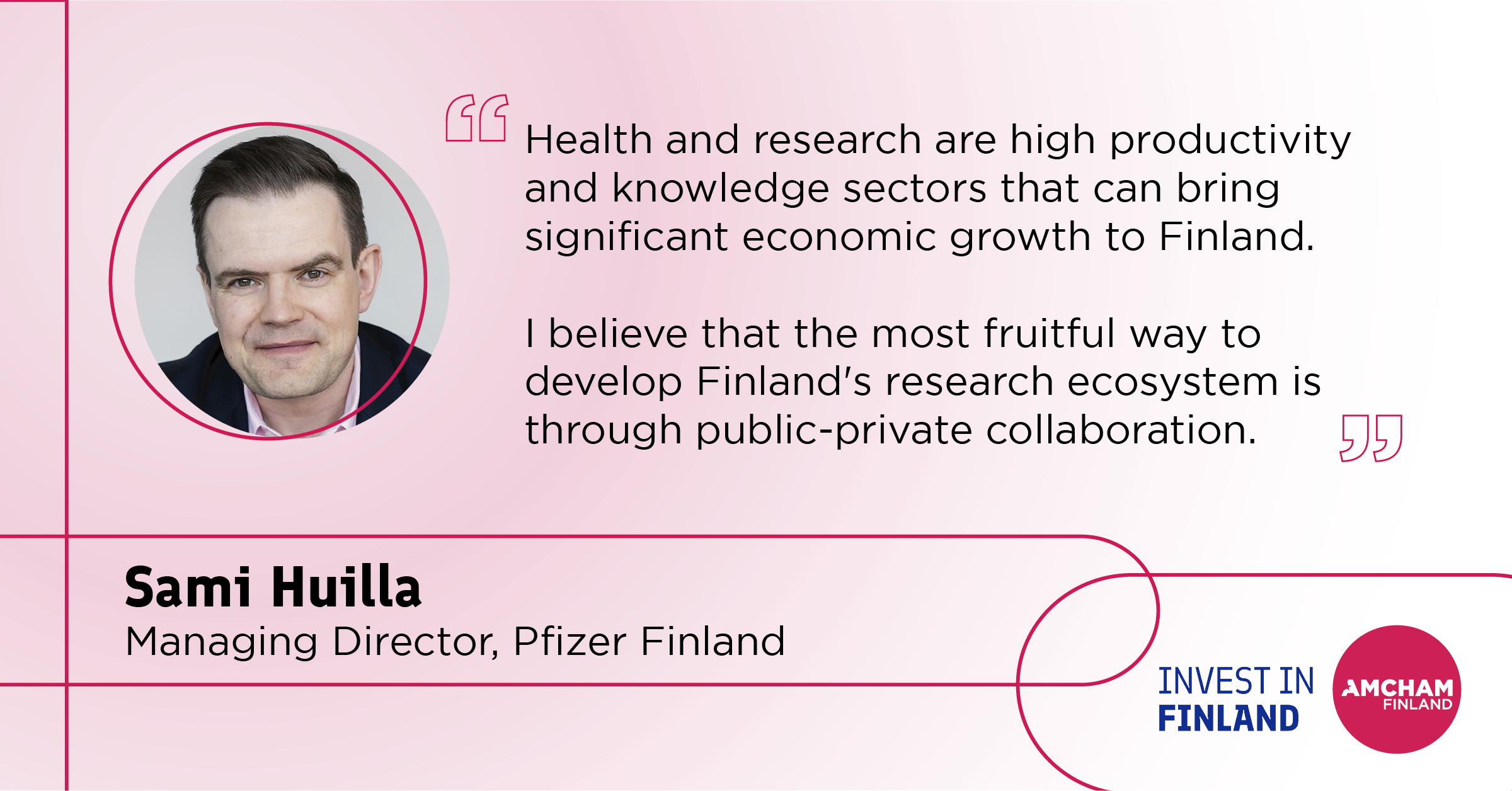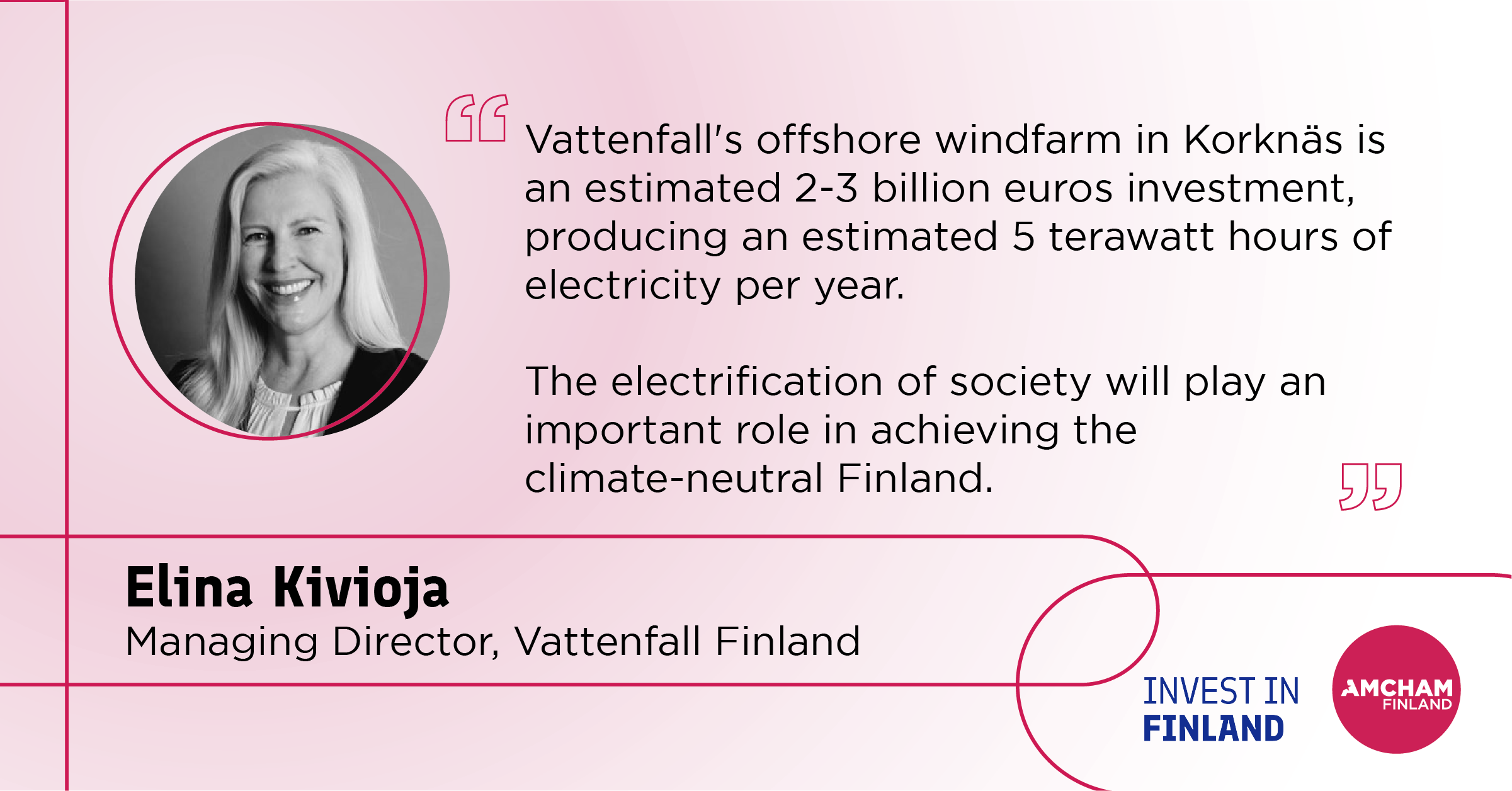FDI Barometer: What role do taxes play in success stories from Finland?
Finland does not have a reputation as a “tax paradise” – and sure, all those world-class welfare state services are, ultimately, funded by the taxpayer. But is Finland a very heavy-handed tax collector for businesses?
News 2.3.2023

First of all, for foreign companies, the situation doesn’t seem that bad to begin with. The corporate tax rate in Finland has been 20% for years now – and it’s a bit lower that the EU average (21,3%) and considerably lower than with, say, Spain, France or Germany (25%, 25% and 30%, respectively).
Furthermore, for innovative foreign companies, a new tax incentive for R&D expenses just kicked in. Starting in January 2023, businesses conducting R&D in Finland get a permanent basic deduction related to existing R&D costs. There is also an increased deductible amount that will depend on how much the company’s R&D activity has grown. This is an additional benefit to the already existing 150% tax deduction for R&D subcontracting between 2021–2027. Also double tax depreciation (50%) applies to new machinery and equipment investment since 2020.
Starting in January 2023, businesses conducting R&D in Finland get a permanent basic deduction related to existing R&D costs.
Still, as Amcham Finland and Invest in Finland put together the Foreign Direct Investment (FDI) Barometer 2023, taxation – both corporate and personal – are listed as sore spots.
During fall 2022, the FDI Barometer collected survey data from 400 C-level executives and country managers of Finnish and foreign-owned companies, coming up with a wishlist of sorts for the Finnish government. This wishlist certainly includes lower level of taxation, as well as more measures to improve labor availability and more flexible labor market structure, for instance.

More specifically, as both Finnish and foreign-owned businesses anticipate that inflation will significantly affect their operations in 2023, they suggested various action items for the government. Along with strong measures to stop rising inflation, interest rates and energy prices, pursuing more business-friendly taxation and lower personal income taxes to improve purchasing power popped up on this barometer list, as well.
Happy tax payers?
In a wider context, taxation in Finland is seen as crucial part of “the infrastructure of happiness,” meaning that the happiest people on earth are happy to pay taxes, too – as long as those taxes are used for the common good, to provide e.g. top-notch healthcare and education.
Antti Aumo, Head of Invest in Finland, says that while the idea of taxes rarely brings a smile to anybody’s face, they are a key ingredient of the Finnish secret sauce. “The happiest nation in the world is all about happy citizens – and also satisfied employees, working for companies that are content, too. In this regard, Finland has achieved a great balance that many international players have come to appreciate,” says Aumo.
The happiest nation in the world is all about satisfied employees, working for companies that are content, too.
In this third iteration of the FDI Barometer, the companies were again asked to rate the importance of various factors for their operations in Finland. Topping this list, we find availability of skilled work force (83% of the survey participants find it ‘very important’), employee skill level (82% find it ‘very important’) and societal stability and functionality (80% find it ‘very important’). Corporate tax and personal income tax, however, do not break into the TOP10 at all: we find them at 12th and 13th, respectively.
According to survey findings, corporate tax is ‘very important’ to 40% of the survey participants, ‘relatively important’ to 52% and ‘not important’ to 8%. Personal income tax was ‘very important’ to 37%, ‘relatively important’ to 51% and ‘not important’ to 13% of the survey participants.

Nevertheless, taxation is an issue that has come in all three FDI Barometres – and looking ahead, also green transition could use a (tax) break or two. As respondents were asked, how the Finnish government can help attract green investments to Finland, the most frequently mentioned method was tax relief.
The FDI Barometer 2023 was compiled by Amcham Finland and Invest in Finland to fully map out the risks and opportunities in the Finnish business environment. The FDI Barometer is based on survey data collected from 400 C-level executives, as well as country managers of Finnish and foreign-owned companies in fall 2022.
Invest in Finland helps foreign companies identify business opportunities in Finland, produces information on Finland as an investment destination, and enhances and coordinates national efforts to attract investment by actively networking with regional and international entities. Invest in Finland also collects and updates information about foreign-owned companies in Finland. Invest in Finland is part of Business Finland.
